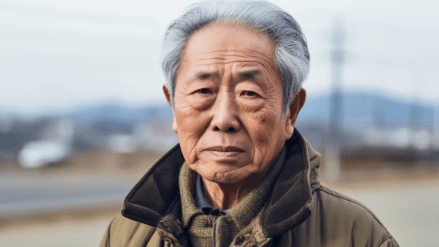For decades, a Japanese man lived with extreme frugality, managing to save 65 million yen (about US$440,000 or Rs 3.90 crore). Today, at 67, with nearly Rs 4 crore in retirement savings still intact, he admits he regrets putting money above life’s simple joys, especially after the death of his wife.
The story, reported by South China Morning Post citing Japanese asset management outlet THE GOLD ONLINE, has prompted conversations online about the true cost of relentless saving.
A Life of Relentless Saving
Known only by the alias Suzuki, he grew up in poverty and began earning in secondary school by working in restaurants. Once employed full time, he chose a cheap apartment far from work to reduce expenses.
He relied on homemade meals, often packing bean sprouts and chicken in his lunchbox. For years, he avoided restaurants entirely, cycled or walked instead of using transport, and rarely switched on the air-conditioner to save on electricity bills.
Family, Sacrifice and Regret
Suzuki met his wife at work. She was familiar with his cautious approach to money, and together they raised a child. He admits his saving habits softened slightly after parenthood, but austerity remained a central part of his lifestyle.
Now, after his wife’s passing, Suzuki reflects with regret. “But time cannot be turned back. What is the meaning of life with only money left?” he said, according to THE GOLD ONLINE.
Japan has seen several such cases of people devoting their lives to extreme thrift. Last year, a 45-year-old man made headlines for saving 135 million yen (about US$910,000 or Rs 8.04 crore) after living frugally for two decades. His meals often consisted of just sour plums, salted vegetables and rice, and sometimes dinner was reduced to a free convenience store energy drink redeemed with points.
Suzuki’s story underscores a common dilemma: the need to balance financial security with living in the present. While his disciplined approach gave him stability, his reflections serve as a reminder that wealth gains true meaning only when paired with life’s lived experiences.
